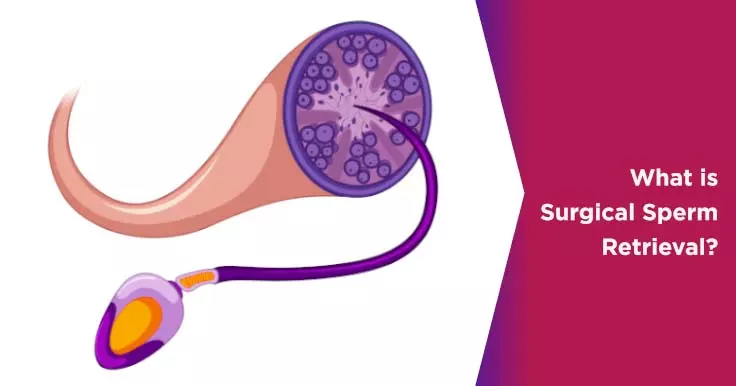
Surgical sperm retrieval
About the Treatment
We understand the need for carrying on the family line and how it is an emotional need for most couples. Surgical sperm retrieval comes to help when the male partner has a minuscule amount of sperm or no sperms being released. Treatment option for men with: An obstruction preventing sperm release due to injury or infection Congenital absence of the vas deferens (men born without the tube that drains the sperm from the testicle) Vasectomy Non-obstructive azoospermia The goals of surgical sperm retrieval To obtain the best quality sperm To obtain enough sperm for immediate use and/or for freezing To minimize injury to the testicle and reproductive tract
What is involved in surgical sperm retrieval? There are several ways to retrieve sperm; the technique depends on: 1. Whether the procedure can be done through the skin or requires an incision (percutaneous vs. open) 2. Amount of tissue needed and method of retrieval (biopsy vs. aspiration) 3. The location from which tissue is taken (testicle, epididymis, or vas deferens) 4. Instruments used (microsurgical vs. conventional)
Which method to chose: open or traditional? There are advantages and disadvantages to every technique. For example, percutaneous (through the skin) methods usually only require local anesthesia, and the surgeon does not need to use microsurgical equipment. However, with an open procedure, the surgeon can reach different locations and see the area more clearly. Are other tests needed? A fertility evaluation of the male and female partners are needed to get a clear picture. Laboratory testing is only requested when there are no or very few sperms. Sometimes, a testicular biopsy is necessary. This procedure takes a small piece of tissue from the testicle and can show whether azoospermia is due to a blockage or a problem producing sperm. Based on these tests, our urologist, specializing in reproductive medicine and surgery, can recommend the sperm retrieval method that is best for your particular situation. Once sperm is retrieved, is it used right away? Our urologist will coordinate the sperm retrieval surgery with your partner’s reproductive specialist. This way fresh sperm can be used, or sperm can be frozen and used later. During the IVF procedures, surgically retrieved sperm will be injected directly into the egg in a process called intracytoplasmic sperm injection (ICSI). What are the types of surgical extraction available? 1. MESA (Microsurgical Epididymal Sperm Aspiration) 2. PESA (Percutaneous Epididymal Sperm Aspiration) 3. TESE (Testicular Sperm Extraction)

